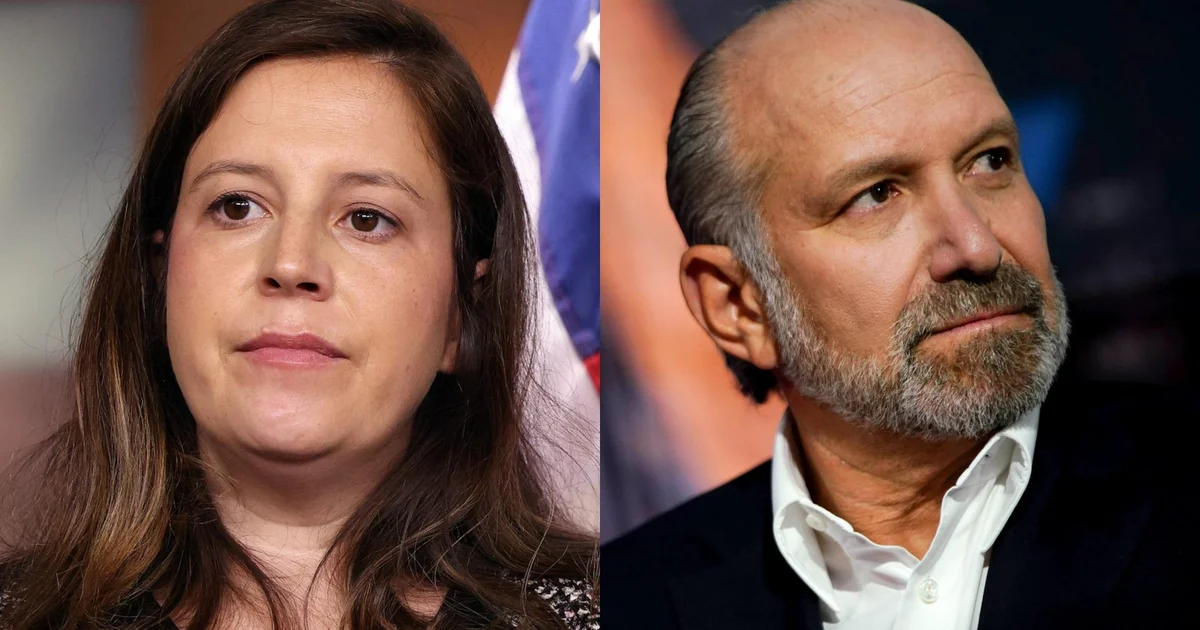CBS News
Breaking down the Thanksgiving Day football lineup

Watch CBS News
Be the first to know
Get browser notifications for breaking news, live events, and exclusive reporting.
CBS News
Trump team responds to threats targeting Cabinet picks

Watch CBS News
Be the first to know
Get browser notifications for breaking news, live events, and exclusive reporting.
CBS News
FBI investigating threats targeting Trump picks

Watch CBS News
Be the first to know
Get browser notifications for breaking news, live events, and exclusive reporting.
CBS News
Do you need good credit to enroll in a debt forgiveness program?

Getty Images
Managing a growing amount of credit card debt can be a stressful challenge — but it’s one that millions of Americans deal with each day. After all, the cost of essentials has increased drastically over the last few years, and that has forced many people to rely on short-term borrowing options, like credit cards, to help cover their necessary purchases. As a result, the average cardholder owes nearly $8,000 on their credit cards, and with the average card rate sitting at an all-time high of over 23%, it doesn’t take long for what was once a manageable amount of credit card debt to become an overwhelming burden.
When that happens, the idea of debt forgiveness — also known as debt settlement — may offer a glimmer of hope. These programs, which are offered by debt relief companies, can help lower your credit card debt by negotiating with your creditors to settle your debts for less than the full amount owed, providing a way to regain financial stability. And, in many cases, pursuing this type of debt relief can result in paying 30% to 50% less than what you currently owe, which means you could get substantial relief from your high-rate debts by taking this route.
But if you’ve been considering a debt forgiveness program, you might be under the assumption that, like traditional loans and credit products, these programs require a good credit score for enrollment. But do you really need good credit to take advantage of what debt forgiveness can offer? Below, we’ll explain what borrowers need to know.
Compare the debt relief options available to you here.
Do you need good credit to enroll in a debt forgiveness program?
There are certain eligibility criteria that you must meet to take advantage of this type of debt relief, but in general, no — your credit score does not determine your eligibility for debt forgiveness programs. In fact, many participants in these programs are already struggling with poor credit due to missed payments, high debt utilization or accounts in collections. Debt settlement companies understand this reality and are structured to assist those who are in financial distress.
What matters more than your credit score is whether you meet the other specific requirements for enrollment. Most debt settlement programs require participants to have a minimum amount of unsecured debt, such as credit card debt, medical bills or personal loans. This threshold often starts at about $7,500, although it can vary by debt relief provider. You must also be able to demonstrate genuine financial hardship, meaning you’re unable to meet your current debt obligations. This could stem from a loss of income, unexpected expenses or other financial setbacks.
Not all debts qualify for settlement, either. Secured debts, such as mortgages or car loans, are typically excluded from these programs — so if you’re trying to enroll with mostly secured debts, you may not qualify. Participants must also be prepared to make consistent monthly payments into a dedicated account that will be used to negotiate settlements with creditors. So while a good credit score isn’t necessary, a willingness to commit to the process is essential.
Learn more about debt forgiveness and your other debt relief options today.
How will debt forgiveness impact my credit score?
While a good credit score isn’t required as part of debt forgiveness, participating in a debt forgiveness program can have a significant impact on your credit score, so it’s important to weigh this consequence carefully. Enrolling in such a program may cause your credit score to drop initially. This happens because most debt settlement strategies involve stopping payments to creditors while the negotiations take place. As missed payments accumulate, your credit report will reflect delinquencies, which can lower your score.
When a settlement is reached, your creditor will typically report the debt as “settled” rather than “paid in full.” While this is better than leaving the debt unpaid, it’s still considered a negative mark on your credit report. Settled accounts can remain on your credit history for up to seven years, signaling to future lenders that you did not fulfill the original terms of your debt.
Despite these initial setbacks, debt settlement can pave the way for long-term financial recovery. Successfully resolving your debts reduces your overall debt burden, which can improve your debt-to-income ratio. Over time, as you rebuild positive credit habits, such as making on-time payments and keeping credit utilization low, your credit score can recover and even improve. The key, however, is to approach debt settlement as part of a larger financial strategy, not a quick fix.
The bottom line
While you don’t need good credit to enroll in a debt forgiveness program, you do need to understand the trade-offs. These programs are tools to help you regain control of your finances, but they come with short-term credit implications. If your primary goal is to resolve overwhelming debt and you’re willing to accept a temporary dip in your credit score, debt forgiveness may be worth considering.
Before committing to any program, take time to evaluate your financial situation, explore alternative solutions and consult with a reputable debt relief provider. By doing so, you can make an informed decision that aligns with your long-term financial goals.








